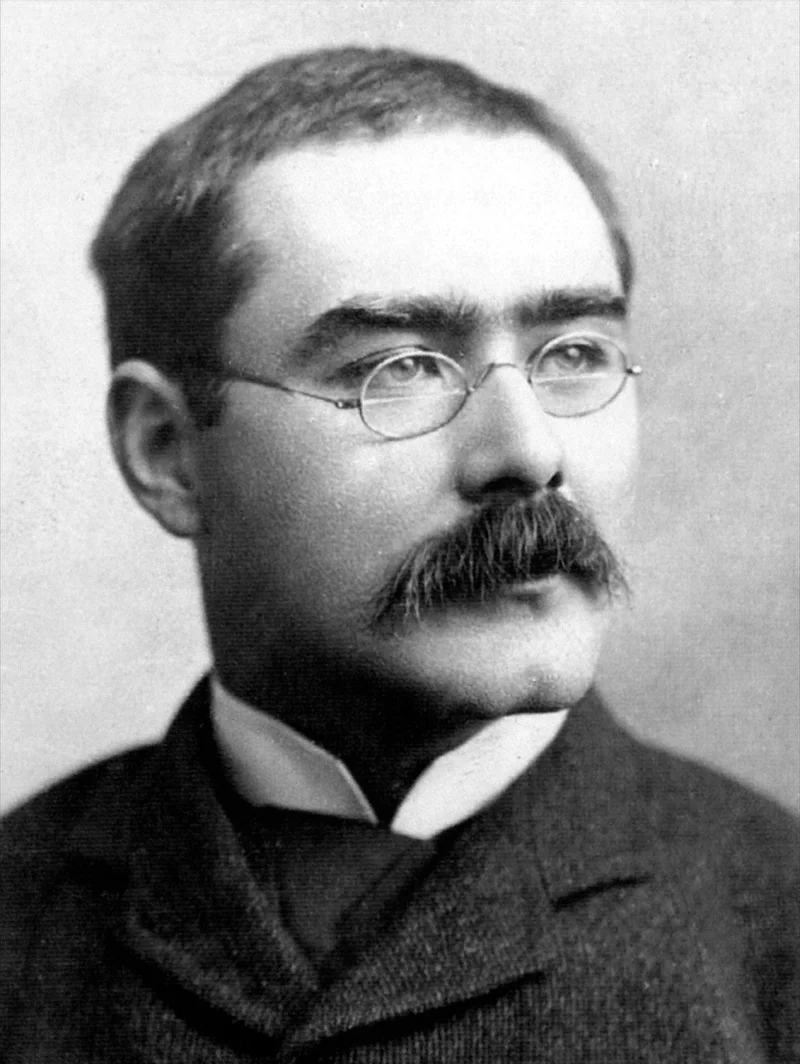Short Summary
Orhan Pamuk is a renowned Turkish novelist, screenwriter, and academic, celebrated for his contributions to world literature. Known for his profound exploration of themes such as identity, memory, and cultural conflict, he has achieved international acclaim. Pamuk's most notable accomplishments include winning the Nobel Prize in Literature in 2006, making him the first Turkish citizen to receive the honor. His works, translated into over sixty languages, have made significant cultural and intellectual impacts globally.
Early Life & Education
Orhan Pamuk was born on June 7, 1952, in Istanbul, Turkey, into a prosperous and educated family. He spent much of his childhood in a large family mansion in the city's Nişantaşı district. His father was an engineer and his mother a homemaker, both fostering an environment rich in intellectual curiosity. Pamuk initially pursued architecture at Istanbul Technical University but shifted his focus to journalism, graduating from the University of Istanbul. His early influences included the diverse cultural landscape of Istanbul and the literary works of Dostoevsky and Tolstoy.
Career Highlights
Pamuk's literary career began in earnest with his debut novel "Cevdet Bey and His Sons" in 1982, which received the Orhan Kemal Novel Prize. His subsequent works, such as "The White Castle" and "The Black Book," established him as a leading figure in Turkish literature. "My Name is Red," an intricate novel combining historical fiction with philosophical musings, won the 2003 International IMPAC Dublin Literary Award. Pamuk's exploration of the complexities of Turkish identity and history reached a global audience with "Snow" and "Istanbul: Memories and the City," further solidifying his status as an influential literary voice.
Major Achievements
- Won the Nobel Prize in Literature in 2006, recognizing his contributions to literature.
- Received the 2003 International IMPAC Dublin Literary Award for "My Name is Red."
- His works have been translated into over sixty languages, reaching a global audience.
- Named one of the world’s 100 most influential people by Time magazine in 2006.
Famous Quotes
- "What literature needs most is a passionate love of books."
- "The power of the novel is that it can bring together the social, historical, psychological, and philosophical."
Interesting Facts
- He initially studied architecture before pursuing a career in literature.
- His novel "The Museum of Innocence" inspired the creation of a real museum in Istanbul.
- Pamuk faced legal challenges in Turkey for comments regarding the Armenian Genocide.
Legacy / Influence
Orhan Pamuk's literature has significantly impacted the global understanding of Turkish culture and history. His works challenge readers to explore complex themes of identity, memory, and cultural conflict, resonating with audiences worldwide. Pamuk's unique narrative style and profound storytelling have influenced a new generation of writers, ensuring his place as a pivotal figure in both Turkish and international literature.
FAQ
Q: Why is Orhan Pamuk famous?
A: He is famous for his contributions to literature, including winning the Nobel Prize in Literature in 2006.
Q: What are some of his notable works?
A: Notable works include "My Name is Red," "Snow," and "The Museum of Innocence."
Q: Has his work been translated?
A: Yes, his works have been translated into over sixty languages.
Q: What themes are prevalent in his writing?
A: His writing often explores themes of identity, memory, and cultural conflict.









